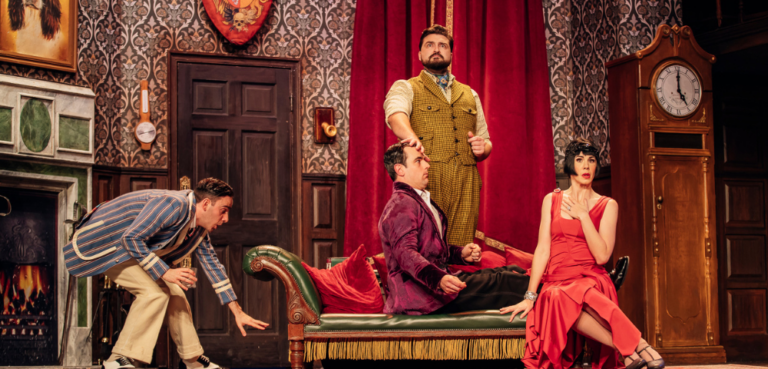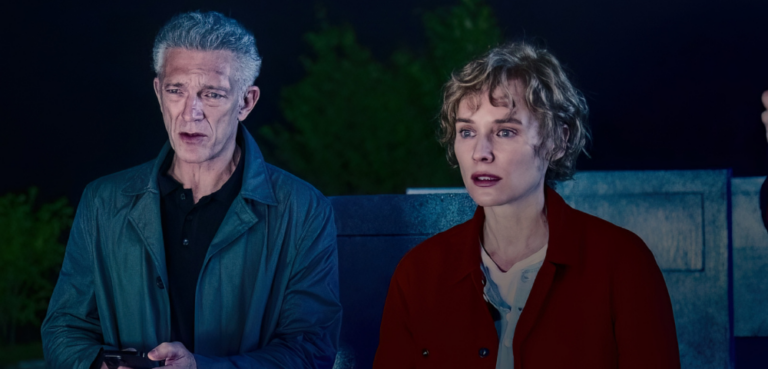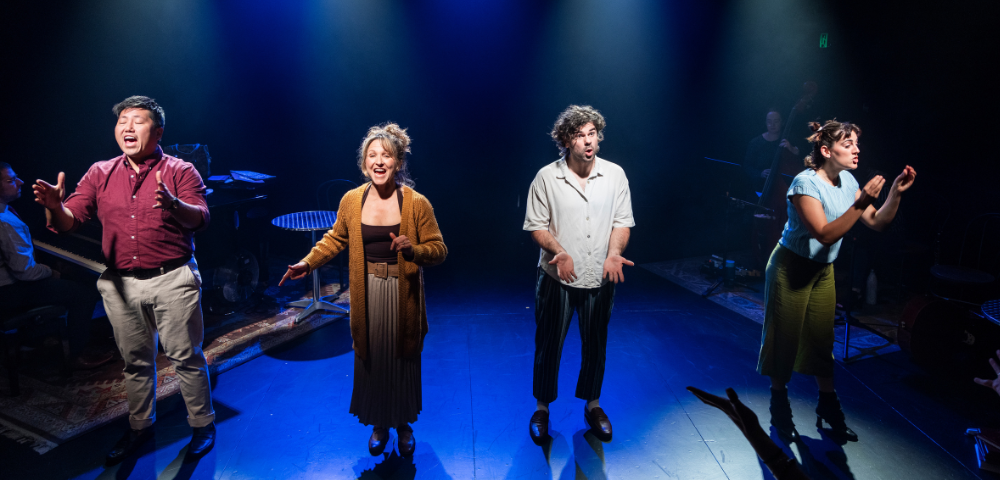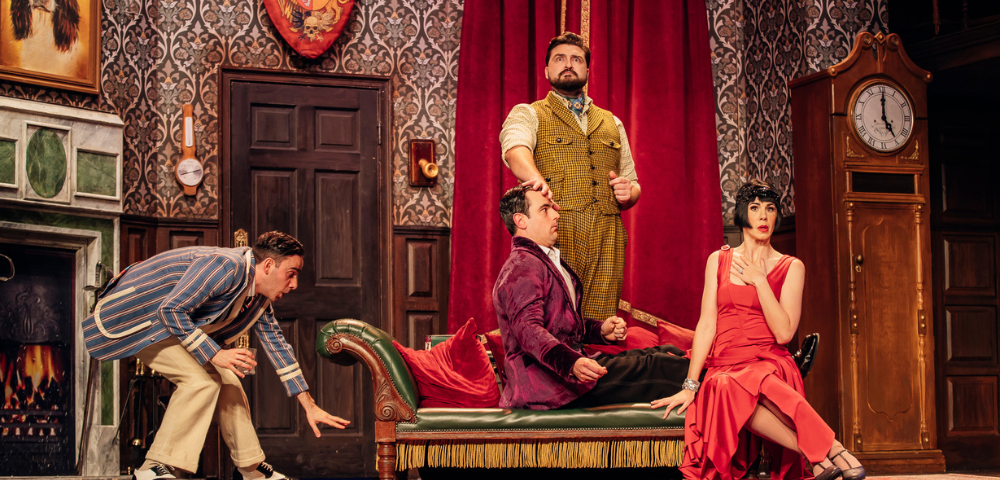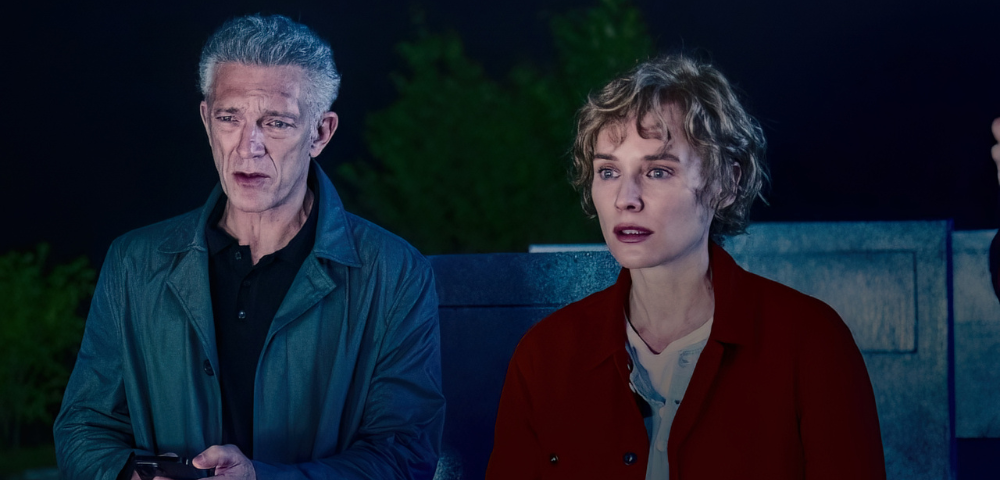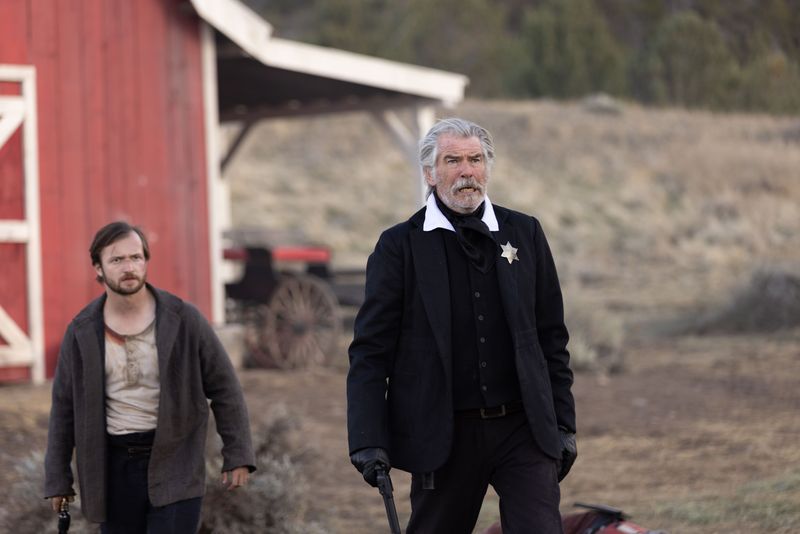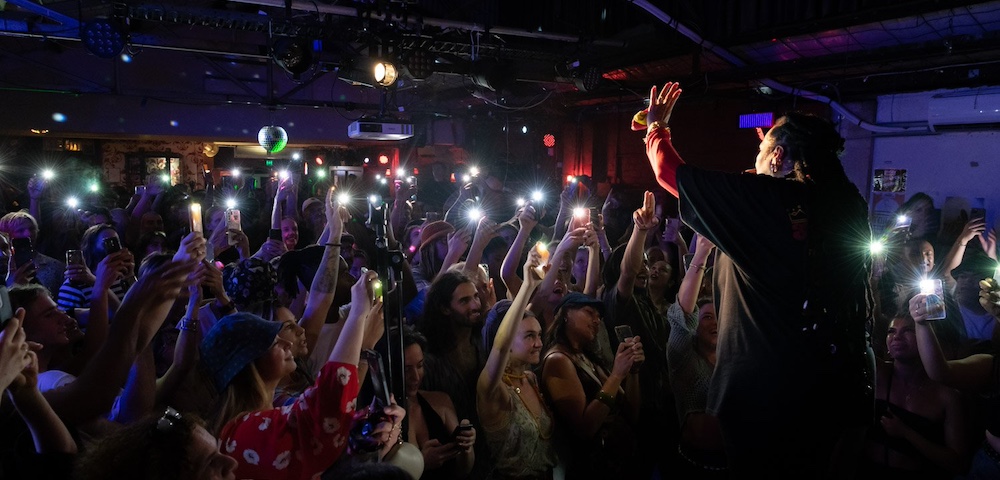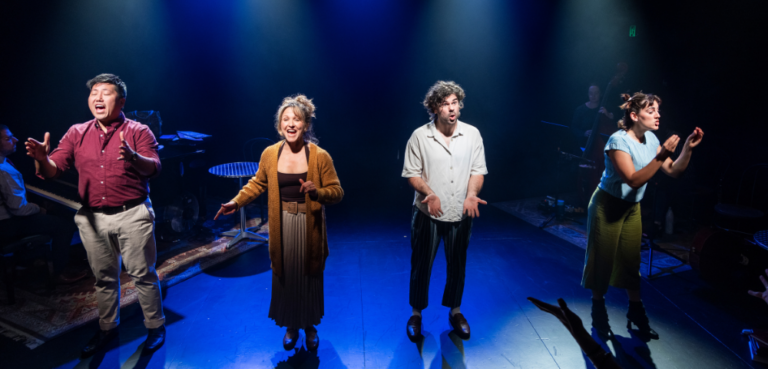
‘Così fan tutte’ by Mozart brought back to life
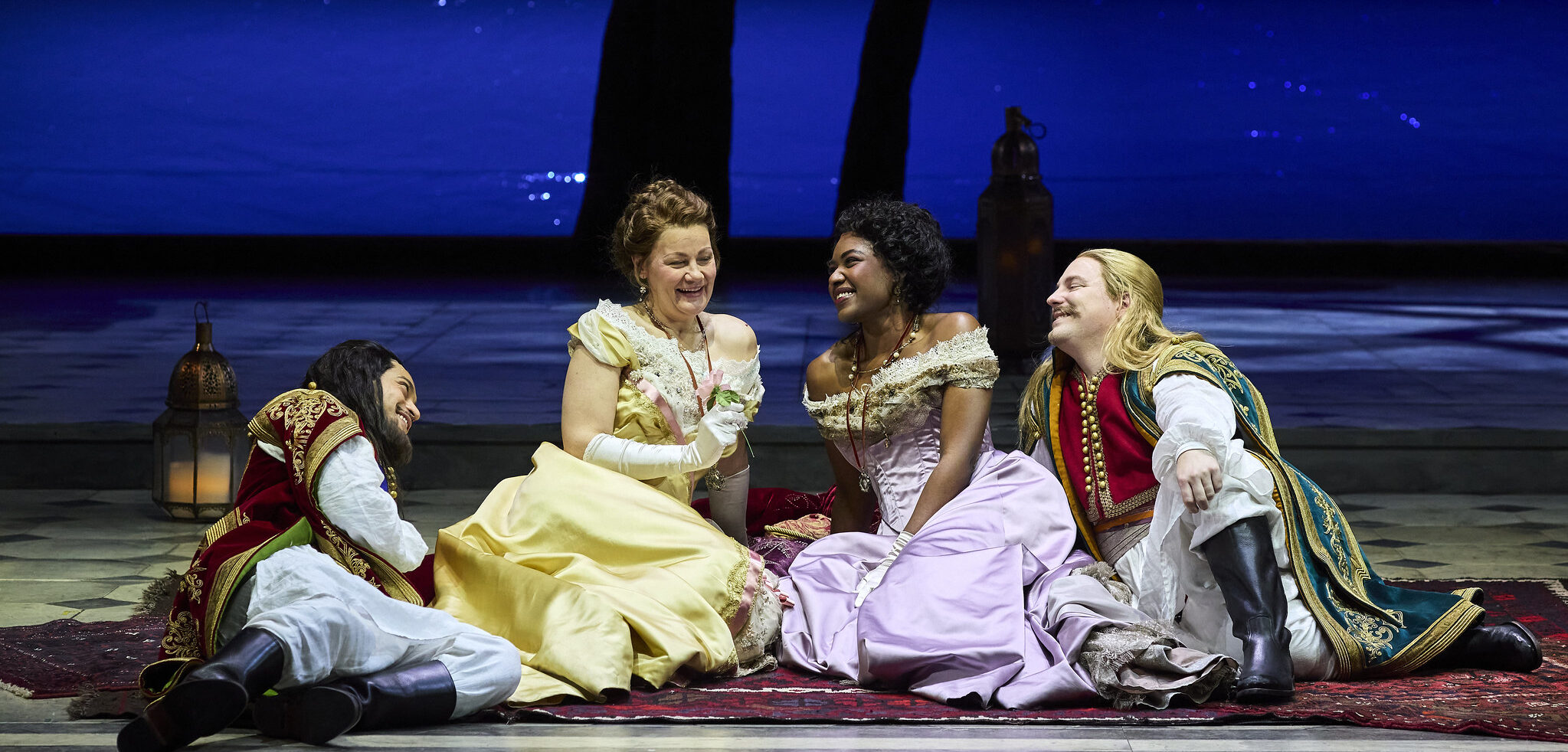
Mozart and his librettist Da Ponte must have had a lot of fun collaborating on the last of this trilogy of operas in which a comic love story with dark overtones is set to Mozart’s sublime score.
Revival Director Andy Morton brings Sir David McVicar’s production back to life in the same gorgeous early 1900s setting in Naples.
Two young soldiers, Ferrando (Filipe Manu) and Guglielmo (Nathan Lay), play a trick on their fiancées, the sisters Fiordiligi (Nardus Williams) and Dorabella (Helen Sherman), at the instigation of the cynical old bachelor Don Alfonso (Richard Anderson).
Australian soprano Alexandra Oomens makes her Opera Australia debut as Despina the maid (with a bawdy mouth!) in Così fan tutte.
The two young men disguise themselves as Albanians, of all things, and woo their friend’s fiancée, with surprising results.
Will their relationships survive the test?

Fun fact: Mozart is reputed to have disliked Da Ponte’s mistress, so he scored big jumps – from high to low to high notes – in her showpiece aria to make her head “bob like a chicken” on stage. Watch how coloratura Nardus Williams as Fiordiligi handles the exceptionally difficult aria “Come Scoglio” in Act 1.
I asked Andy Morton what his role as “revival director” was in this production.
“The revival director has to try and recreate the original director’s vision for the production, as far as is possible. Many factors might affect this, the most important being that of course the singers may be completely different, with very contrasting dramatic instincts to the cast that created the production. It is the most nuanced part of the revival director’s remit to identify how and where these differing approaches and talents can be accommodated into the production. Even a height difference means that a bit of staging has to be altered.”
Morton is a tenor who has played leading roles on the West End and in musical theatre tours, and in Australia he appeared in The Phantom of the Opera as Monsieur André for OA. I wondered how his background as a performer influenced his work as a director.
“I see everything through the performer’s eye and I have an instinct for what will work on stage and what will not. In ‘straight theatre,’ a director would never ‘demonstrate’ how to perform an action, but in opera it’s very usual, so I often find myself showing a singer exactly how I want a moment to be played – not physically so much, but with what level of emotional intensity. You have to give performers permission to delve deeper into the emotional weight of their characters, and hopefully seeing me doing it can give them the confidence to go that little bit further. Musical theatre is also incredibly clear in its story telling and I hope I bring that clarity to the operatic stage.”

I was curious to find out whether Australia “does” opera differently from the UK. And are Australian audiences different?
“There is more opera available in the UK – or at least there was 15 years ago, so I find audiences are more likely to vote with their feet there. You also have to work really hard to get a standing ovation in Australia. I love the high standards!”
What does Morton like about Cosi fan tutte?
“It’s so human, full of ribald humour (Despina has some filthy lines which clearly scared the Victorians right off it) and raw, intense emotions like passion, jealousy, and rage which everyone will recognise. This production doesn’t go looking for cheap laughs but plays the drama with authenticity to explore how these emotions play out. The comedy is far darker as a result and the story is very powerfully told. There are no real winners but the men certainly come out of it looking very ordinary.
What does Morton say to someone who criticises opera for being an elite artform, for being too expensive, for being out-of-date culturally?
“Have you seen the prices for musical theatre? For British Lions tickets? I’d like to see some column inches bemoaning how less well-off people are priced out of events like that. We put on world class entertainment, with full orchestra (unlike most musical theatre), beautifully designed sets and costumes, astonishing international singers and we run up to three shows simultaneously in repertoire, changing all those elements every day. What is amazing is what good value we give. What is satisfying is how accessible our productions are to anyone who wants to hear and see fabulous acting and singing that reflect the human condition. And what is indisputable is that the pandemic showed us that audiences across the spectrum are seeking high level artistic endeavour to entertain them, and that has very little to do with elitism.”
Così fan tutte at Sydney Opera House
Until August 17
https://opera.org.au/productions/cosi-fan-tutte-sydney/

